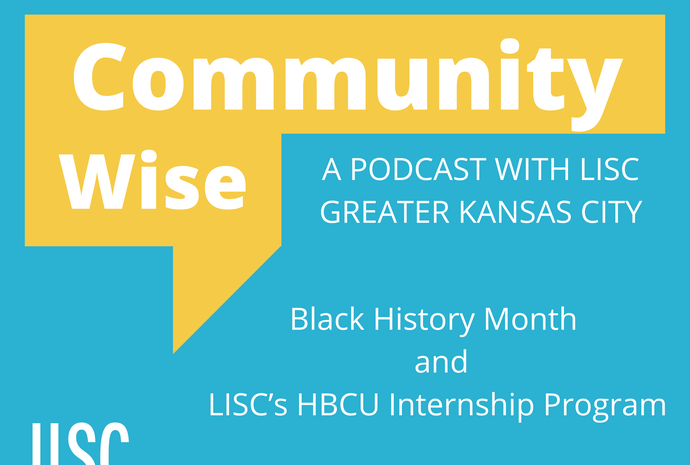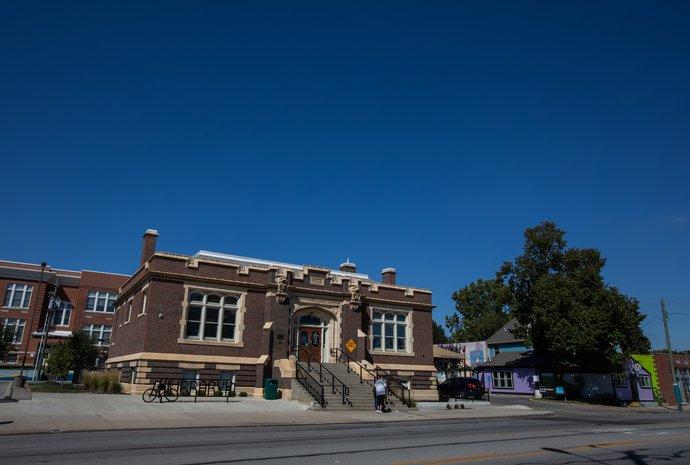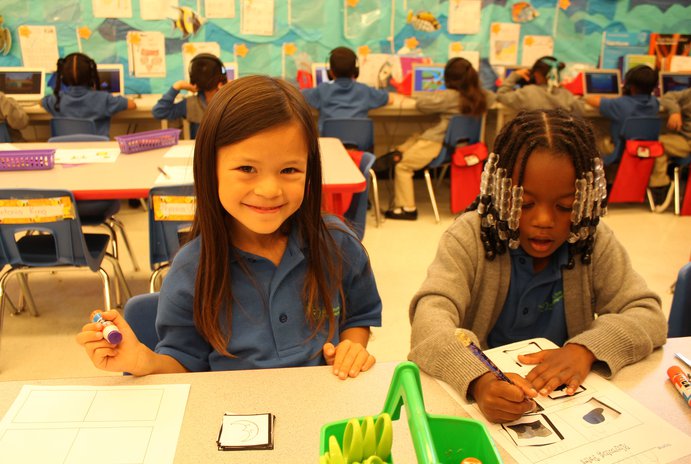Education is a treasure that can never be taken away, the proverb goes, and we are certain that’s true. It’s one of the soundest predictors of well-being and economic stability there is. Communities can flourish when families have access to quality early childhood education, high-performing schools and enrichment activities for their children, and when adults can get the skills training and continuing education they need to land and advance in living wage jobs.
That’s why promoting educational opportunity is at the foundation of the work we do in neighborhoods across the country.

To increase educational choice and access to good schools, Charter School Financing at LISC supports public charter schools that put their all into preparing students for college, career and life. Since 1997, we have provided more than $382 million in financing for charter facilities in low-income neighborhoods.
And because early childhood education is well-documented as the single most effective means for closing the achievement gap, our Early Childhood Facilities program (also known as the Community Investment Collaborative for Kids or CICK) has invested $56.5 million to help plan, build or refurbish nearly 223 early childhood facilities in under-served places.

LISC also supports learning beyond the traditional classroom, and that extends well past childhood. We fund hundreds of community partners who bring college-readiness, high-school equivalency and professional development programs, and an extraordinary range of afterschool and summer enrichment options, to the neighborhoods where they work. Our Bridges to Career Opportunities programs offer intensive literacy and math classes for job-seekers who need to master basic skills in order to train for solid employment.
Not only do strong educational opportunities like these attract residents with a lasting commitment to a neighborhood, they are the bedrock of the kind of equitable, diverse and sustainable communities in which everyone deserves to live.


